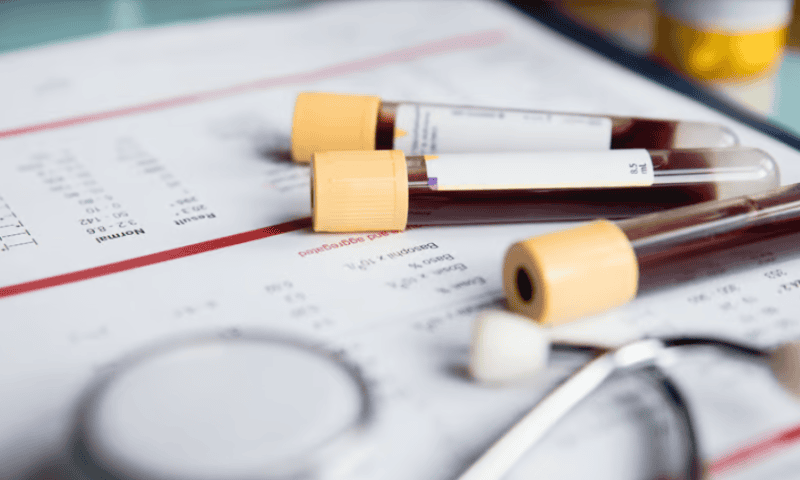Ultragenyx is gearing up to take its glycogen storage disease (GSD) treatment to regulators next year after the gene therapy helped patients reduce their intake of cornstarch, which is currently used to treat the disease, in a phase 3 trial.
GSD is a rare inherited condition where the body is unable to properly store or break down glycogen, a form of sugar. The only approved therapy is cornstarch, which due to its slow digestion in the body results in a slow, steady release of glucose into the blood.
Ultragenyx’s study enrolled a total of 49 individuals with GSD Type 1a who received either the gene therapy DTX401 or placebo for 48 weeks. The cohort who received the therapy saw a mean 41.3% reduction in daily cornstarch intake compared to 10.3% in the placebo group, hitting the study’s primary endpoint.
All patients who received DTX401 saw their cornstarch intake reduce to some degree, with 68% achieving a reduction of 30% or more and 37% seeing it drop by 50% or more. In the placebo group these proportions were 13% and 4% of patients, respectively, the rare disease biotech noted.
The DTX401 group also saw a mean reduction of 1.1 cornstarch doses a day, compared with a drop of just 0.2 doses in the placebo cohort, hitting a key secondary endpoint. Another secondary goal was to show a significant improvement in the frequency and quantity of nighttime cornstarch dosing, a target that Ultragenyx said the study achieved.
The company described DTX401’s safety profile as “acceptable and expected.” Hepatic effects were “expected” and all were non-serious and manageable with a prophylactic corticosteroid regimen.
Ultragenyx’s Chief Medical Officer Eric Crombez, M.D., hailed today’s results as “an incredible milestone for the program.”
“These clinically important and statistically significant results are consistent with our phase 1/2 findings and the continued improvement in these treated patients reflects the acquired ability to breakdown glycogen as a source of endogenous glucose from their treated livers,” Crombez added.
Armed with the data, the biotech will next discuss the results with regulatory authorities with the aim of launching marketing applications in 2025.
“GSD1a is a disease that never takes a break, where you must constantly think about your own, or your child’s, safety and risk of severe low blood sugar and acidosis throughout the day, and especially at night,” Rebecca Riba-Wolman, M.D., director of the Glycogen Storage Disease Program at Connecticut Children’s Medical Center and an investigator on the study, said in the same release.
“A treatment that can improve these daily concerns for people with GSD1a without significant risks is essential.”

